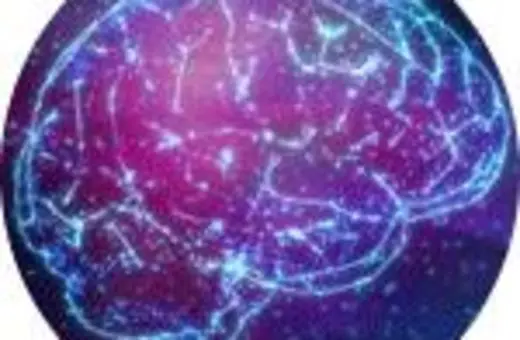Laughing gas, nitrous oxide, NOS… whatever you like to call it, this gas gets a lot of bad press in the contemporary world. Like all things, with incorrect use it indeed can be dangerous. However, whether it be in the dentist’s chair, in the hospital after a broken bone or while giving birth, or at a music festival with a balloon in hand, the experiences afforded by laughing gas are familiar to most of us. The American philosopher, William James, was also familiar. He too saw “the ultimate secret and explanation of existence… revealed.” However, he came to view this revelation as horrifying, writes Jonathan Bricklin.
William James, the father of transpersonal psychology, took laughing gas, aka nitrous oxide, in search of a revelation. According to Benjamin Paul Blood, the author of “The Anaesthetic Revelation and the Gist of Philosophy,” the gas provided a “fixed impression” that “the ultimate secret and explanation of existence stands revealed…as finite knowledge never has and never could reveal it.” As it turned out, James did experience this ultimate secret, and accepted it as a “genuine metaphysical revelation.” It’s hiding in plain sight in what may well be the most quoted passage from his Varieties of Religious Experience:
“Our normal waking consciousness, rational consciousness as we call it, is but one special type of consciousness, whilst all about it, parted from it by the filmiest of screens, there lie potential forms of consciousness entirely different. We may go through life without suspecting their existence; but apply the requisite stimulus, and at a touch they are there in all their completeness.”
“All their completeness” is where it’s hiding. James’s famous “filmiest of screens” was conceived in response to a specific “thrillingly intense metaphysical insight” that he saw as the “keynote” of his nitrous oxide trance. Trance literally means “to cross beyond." And crossing beyond this specific “filmiest of screens” brought James to a form of consciousness unlike any other: “consciousness in all its completeness." He described this completeness as follows: “The mind sees all logical relations of being with an apparent subtlety and instantaneity to which its normal consciousness offers no parallel.”
___
Up to a point, James felt consciousness in all its completeness as rapturous, “living in the midst of infinity” (literally without bounds)
___
The poet Robert Southey called the nitrous oxide trance “the atmosphere of heaven." To appreciate how such atmosphere might apply to “consciousness in all its completeness” consider the heavenly music of Mozart. In his Principles of Psychology, James quotes Mozart’s method of composing, with bits and pieces coming together until…
“at last I see the whole of it at a single glance in my mind, as if it were a beautiful painting or a handsome human being; in which way I do not hear it in my imagination at all as a succession— the way it must come later—but all at once, as it were. It is a rare feast! All the inventing and making goes on in me as in a beautiful strong dream. But the best of all is the hearing of it all at once.”
“Consciousness in all its completeness” as heavenly harmonious music?
 SUGGESTED READING
The Reality of Psychedelic Experiences
By Peter Sjöstedt-H
SUGGESTED READING
The Reality of Psychedelic Experiences
By Peter Sjöstedt-H
James, as it turned out, found a reason not to appreciate it. But first let’s highlight what he did appreciate. They are all significant contributions to his radical non-dual insights.





















Join the conversation